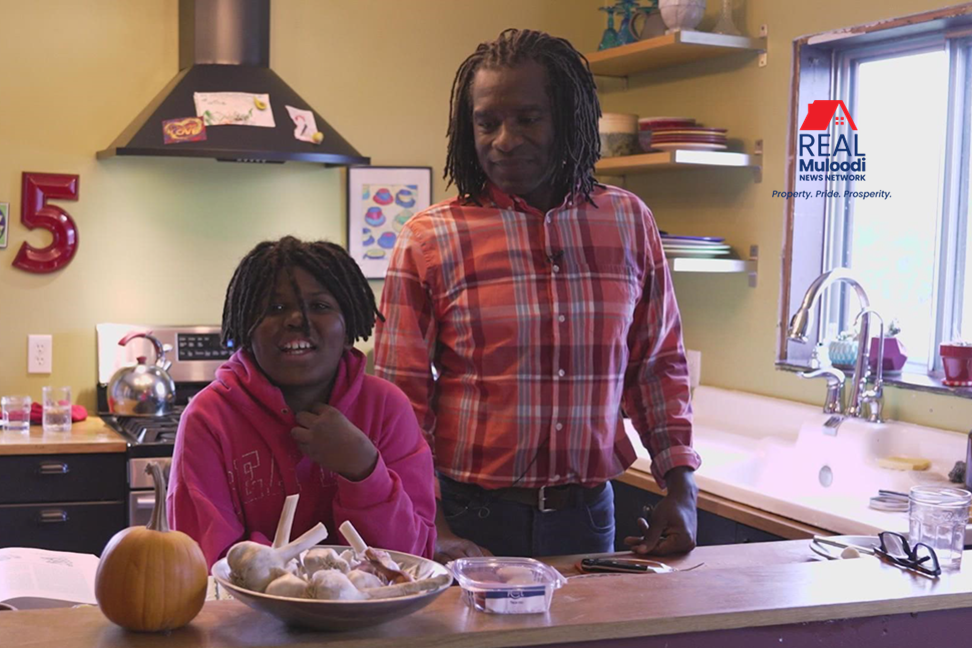UGANDA, Kampala | Real Muloodi News | Owning homes has become increasingly challenging for many adults, leading them to continue living with their parents. Factors contributing to this trend include financial constraints, housing quality issues, and strong family bonds.
Financial Constraints
Shifra Nabweteme, 40, lives with her parents due to financial reasons.
“I want to leave home when I believe I can support myself financially without ever having to call back home asking for some assistance,” she said.
Nabweteme emphasises saving money before moving out to avoid financial struggles.
Peer Pressure
Agatha Nimusiima, in her mid-30s, also lives with her parents.
“I am not under pressure to leave; my parents support either decision I make about staying or leaving home,” she said.
Nimusiima highlights the added responsibilities of living at home, which motivates her to seek independence eventually.
Constant Travel
Benjamin Ochola, 42, stays with his mother due to his frequent travels.
“I am never home. I travel a lot to the field, so why should I rent when half the time I am not around?” Ocholaa asks.
Ochola’s job requires him to be in the field for most of the week, making renting impractical and potentially risky for his unattended home.
Security Reasons
Maria Ajuna remains at her parents’ home in Buziga for security reasons.
“I left home twice, but during those two times, my home was broken into,” she said.
Ajuna finds her parents’ home the safest option, especially as a single woman.
Family Influence
Mark Isingoma has tried to leave his father’s house but was encouraged to stay.
“I still live with my dad because having to pay rent when there is free accommodation does not make sense,” he said.
Isingoma’s father prefers that he save his money while providing him with a place to stay.
Caregiving Responsibilities
Isma Kigozi, 33, lives with his parents to care for them.
“I am confined at home because of my sick parents. I am the only one who has to look after them,” he said.
Kigozi’s siblings live abroad, leaving him responsible for their elderly parents.
Saving for the Future
Sophia Nabisere remains at home due to financial limitations.
“I am looking at a certain amount of money to get out of home. I want to move out well knowing that I can afford whatever I have been getting from my parents,” she said.
Nabisere values the freedom her parents provide, treating her as an adult despite living under their roof.
Comfort and Family Bonds
Tracey Nabulo, 35, is an only child who believes her parents will feel abandoned if she leaves.
“I know for a fact that if I leave home, it will hurt my parents in all possible ways,” she said.
Nabulo enjoys the financial benefits of living at home and has become accustomed to a higher standard of living than she can afford independently.
Societal and Cultural Shifts
Historically, children in Uganda and many other cultures moved out of the family home at a young age. Boys were given land to build homes and start farming, while girls were married off.
However, modernisation has led to children leaving home later. It is now common for young adults to return home after graduation and stay until they secure stable employment.
The difficulty of owning homes is influenced by various factors, including financial challenges, family responsibilities, and security concerns.
Individuals like Nabweteme and Ochola represent those saving for financial stability before moving out. While others like Kigozi and Nabulo stay to support family members or due to strong family bonds. This trend reflects broader societal changes and economic pressures that make homeownership less accessible for many adults.
READ MORE LIKE THIS:
Multinationals Shift Focus to Residential Houses in Emerging Suburbs



